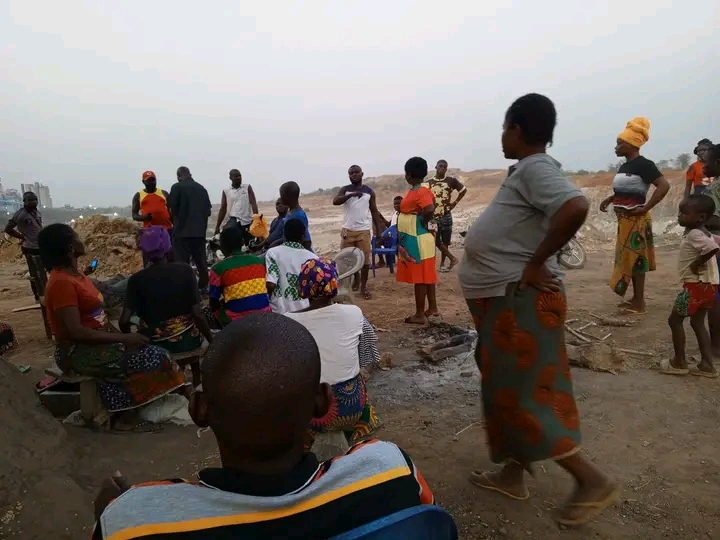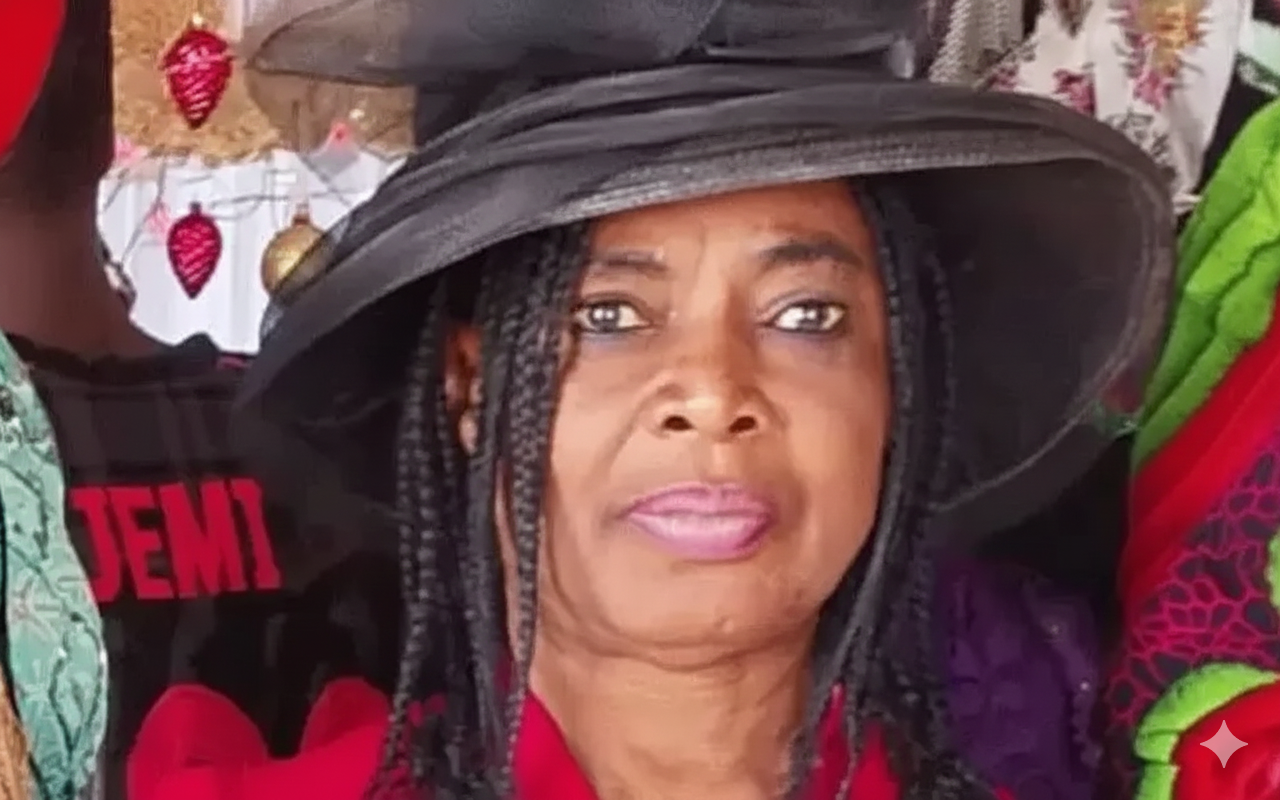
•Why protesters are unfair to company, by plant director
The community, which hosts the Gboko plant of Dangote Cement, has grounded activities at the company, following a protest over resettlement plans.
The families claim ownership of the quarry where limestone is mined for the production of cement.
The protest has halted production for the past five days.
The development has compelled the Gboko Traditional Council, led by Ter Gboko Gabriel Shosum, to wade into the dispute.
The Guardian learnt that the cement plant had witnessed violent scenes.
In 2014, a similar protest reportedly led to the killing of seven youths by soldiers guarding the plant.
As the outcome of intervention by the traditional council is being awaited, the protesters, however, have refused to budge, despite threats and admonitions by military personnel and police at the facility.
But reacting, Plant Director of Dangote Cement, Gboko, Louise Raj, said the host community has not been fair to the company.
He lamented that the community rejected outright the N500,000 per house proposed by the company and insisted on N1.5 million yearly, even while negotiations for permanent resettlement are ongoing.
Another grey area, Raj said, was the number of households marked for compensation. While the community estimated 120, the company, he said, projected 67.
He stressed that the Federal Government paid on the land long ago before the company was set up, and that any consideration for the host should be a privilege, not a right.
One of the protesters, identified simply as Aondowase, told The Guardian they are prepared to die at the quarry. According to him, going back to their homes is no different from death.
At the scene of the protest were old men and women, infants, pregnant and nursing mothers, who slept in the open, while they ate roasted yams harvested from nearby farms and drank from a well.
Speaking exclusively with The Guardian at the quarry, yesterday, the community leader, 85-year-old Tarkumbur Ave, described the living condition of his people at the fringes of the quarry as “hazardous and inhumane”.
Ave lamented the impact of dust from the blasting of limestone and movements of heavy-duty machineries on the entire community.
According to him, the blasts have impacted heavily on walls, causing cracks, and forcing members of the community to rebuild or repair them yearly, amid scarce resources.
He also pointed out that the proximity of the quarry to human habitation and attendant environmental degradation have subjected the people to hardship and health hazards.
Ave explained that it was on account of these environmental hazards and alleged nonchalant disposition of the company that made them occupy the quarry and halt activities.






